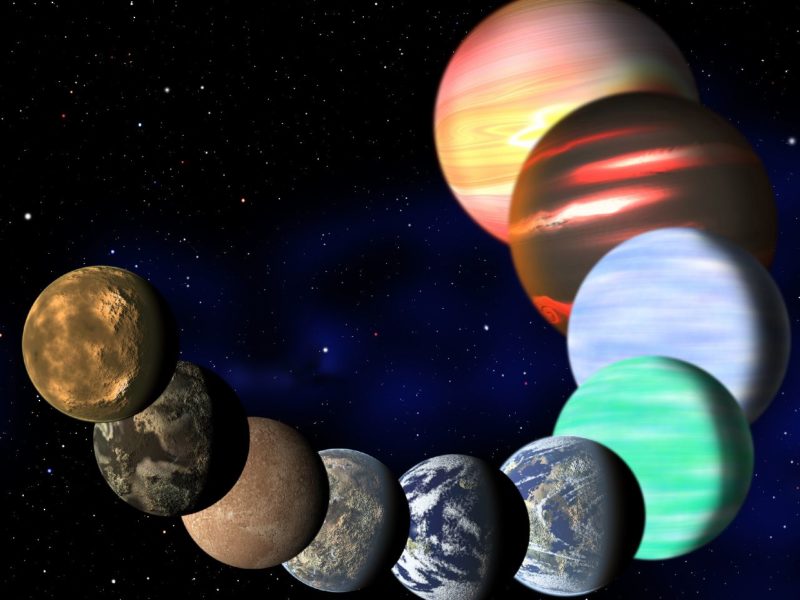Michigan, USA
Sand, or silicon dioxide, makes up about 40 percent of the Earth’s crust, but converting sand into crystalline silicon is expensive and negatively affects the environment. According to Stephen Maldonado, crystalline silicon is made with some energy-intensive chemical reactions that produce large amounts of carbon dioxide and require temperatures in excess of 2,000 degrees Fahrenheit. But Maldonado and his team of U-M researchers recently discovered how to create silicon crystals at 180 degrees fahrenheit. They are using the concept that when a liquid is supersaturated with any dissolvable solid such as sugar, that solid can spontaneously form crystals. They used a liquid gallium electrode layered with a solution containing silicon tetrachloride. The electrons from the gallium converted the silicon tetrachloride into silicon which then dissolved into the liquid metal. Their results showed that dark films of silicon crystals accumulated on the surface of their liquid gallium electrodes. So far the crystals are small but they hope to improve the technique and make larger crystals. The process could lead to much cheaper crystalline silicon potentially affecting the solar energy industry because crystalline silicon is the most-used solar energy material.
Toronto, Canada
According to a new study, smokers who quit before the age of 40 can live almost as long as people who never started smoking. A research team at the University of Toronto, recently published findings indicating that smokers who quit between ages 35 and 44 only lost one year off of their lives and those who quit between ages 45-54 and 55-64 lost four years and six years respectively. Women and men who smoke both lost about a decade of life and current smokers ages 25 to 79 had a mortality rate three times higher than people who had never smoked. Those who never smoked were about twice as likely to live to age 80 than were smokers. This study adds to recent evidence from Britain, Japan, and the United States that smoking risks involve about a decade of life lost worldwide.
Pittsburgh, USA
Researchers at the University of Pittsburgh School of Medicine may have found a weakness in a key HIV protein. They showed that targeting this vulnerable spot could stop the virus from replicating, potentially thwarting HIV from progressing to AIDS. Research indicates that an HIV protein called Nef interacts with many other proteins in infected cells to help the virus multiply and hide from the immune system. The group developed a way to track Nef activity by linking it to an enzyme called Hck. They then tested various compounds to find ones that blocked Nef activity. The team found that a compound called B9 seemed to block Nef. B9 prevents two Nef molecules from interacting to form dimers as effectively as a mutation in a critical area of the protein surface. This effectively impairs its function in the viral replication process. The team is currently working on trying to assess the effectiveness of B9 in animal models of HIV/AIDS and hopes that their research will lead to a more effective way of blocking HIV from developing into AIDS.
Tucson, Arizona
Researchers used NASA’s Mars Reconnaissance Orbiter to observe seasonal changes on Martian sand dunes caused by warming of a winter blanket of frozen carbon dioxide. The researchers looked at how the vast blankets of dry ice on Mars sublimate into gas during the spring. The thawing occurs at the underside of the ice sheet, where it is in contact with the darker ground being warmed by the early-spring sunshine through the transparent ice. The trapped gas builds pressure and breaks out in various ways. As it escapes in large outbursts, It often forms what is known as a transient groove and brings sand along with it. The expelled sand forms dark fans or streaks on top of the ice layer at first, but then disappears with the seasonal ice as summer winds erase most of the grooves in the dunes before the next winter. The findings reinforce the idea that Mars is a dynamic world and although similar to Earth it still has many differences.


'Scientific discoveries this week: 1/28/13' has no comments
Be the first to comment this post!